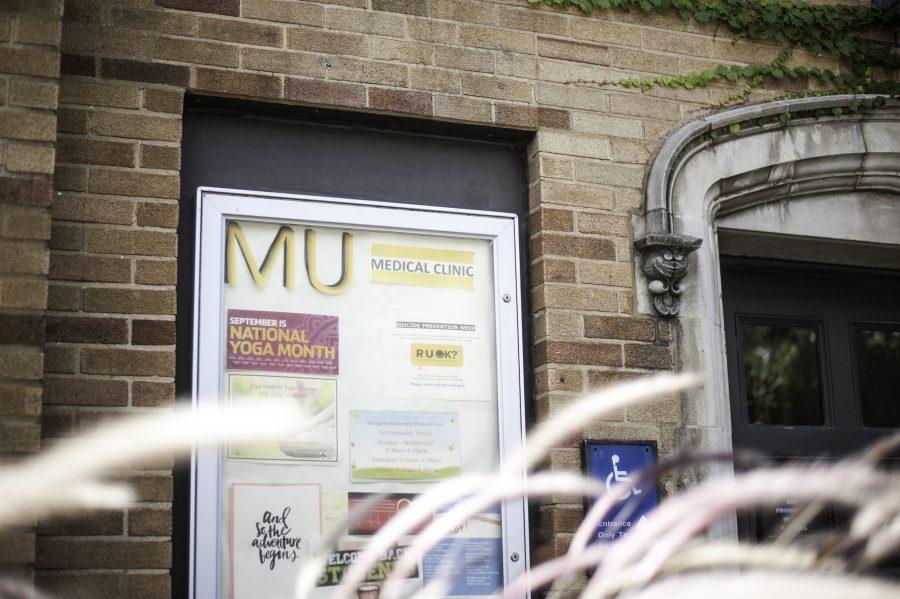As part of National STD Awareness Month, the Student Health Center is encouraging sexually active students to get tested for sexually transmitted diseases through the “Get Yourself Tested” campaign.
Nearly 20 million new sexually transmitted infections occur every year, and half of those are among young people age 15–24, according to the Centers for Disease Control.
According to data from the 2012 National College Health Assessment, 62.6 percent of Marquette students reported being sexually active in the last school year.
Robin Brown, the associate director of the Student Health Service, said only 3.6 of sexually active Marquette students were tested at the Student Health Service last year.
“Through campaigns such as (Get Yourself Tested) and National STD Awareness Month, sexually active young people are urged to get tested, thereby taking responsibility for their own health and the health of others,” Brown said. “Many STDs do not cause symptoms, such as chlamydia, HIV and HPV, so it is important for all sexually active individuals to have a conversation with their doctor or their Student Health Service and get tested.”
She said STDs are a significant health challenge facing the United States, especially on college campuses.
“Each of these infections is a potential threat to an individual’s immediate and long-term health and well-being,” Brown said. “In addition to increasing a person’s risk for HIV infection, STDs can lead to severe reproductive health complications, such as infertility.”
Brown said the prevalence of STDs on college campuses cannot be measured directly because it would require all sexually active students to be tested yearly.
According to NCHA data, 1 percent of college students nationally reported being diagnosed or treated by a professional for chlamydia, while .4 percent reported being diagnosed or treated for gonorrhea. Less than 1 percent of those surveyed sough treatment for genital herpes, and 1.3 percent were treated for genital warts or HPV.
Brown recommended that sexually active men and women should be tested yearly for chlamydia and should be tested more often if they have a new sexual partner. She also recommended people with multiple partners to be tested for gonorrhea.
Brown said STDs are a serious drain on the health care system, costing an estimated $16 billion annually. She said this is one of the primary reasons STDs are a major issue for the college population.
In the most recent NCHA survey, 37.3 percent of Marquette students reported having had no sexual partner in the last school year, while about the same number reported having one partner. Nationally, 32.4 percent of college students reported having had no sexual partner, and 44.1 percent reported one partner.
Brown said the only surefire way to prevent STDs is to practice abstinence.
“The next best way is to be in a long-term mutually monogamous relationship with a partner who has been tested negative,” Brown said. “Aside from these two ways, the use of latex condoms every time reduces the risk of transmission of STD’s.”
Of sexually active Marquette students, 72.5 percent reported using a condom the last time they had vaginal intercourse, while 61.2 percent of college students nationally reported the same, according to NCHA data.
Alexa Porter, a senior in the College of Arts & Sciences, said she believes significant strides have been made in educating students about proper contraception and how important it is to get tested.
“I do think STD Awareness Month is a positive thing, but like all awareness months, the practice needs to be year round, and we should not ignore efforts to educate during other months,” Porter said. “On college campuses, where many students are exploring their sexuality, it is important to have accurate information available at all times and ensure that testing is something students are aware of and are not embarrassed about.”





